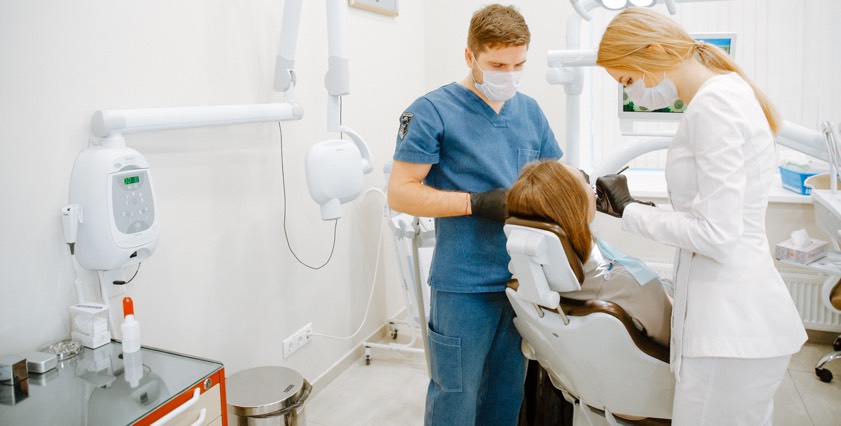8 things that dental insurance doesn’t cover

Dental care insurance serves as a crucial safeguard that helps people save on out-of-pocket treatment costs and makes painful procedures easier to deal with. However, one should note that not everything falls under its scope. While dental insurance is designed to cover a range of services, certain aspects of dental care may go beyond its capacity. Understanding these will help individuals make informed decisions about their oral health and financial planning.
Cosmetic dentistry
Dental insurance focuses on procedures essential for maintaining oral health, relegating cosmetic dentistry to elective services. Aesthetic improvements like teeth whitening, veneers, or cosmetic bonding are often excluded, requiring individuals to explore alternative payment options.
Orthodontic treatments for adults
While orthodontic coverage is a common inclusion for children, adults seeking orthodontic treatments, such as braces or aligners, may encounter limitations. Insurance companies often consider orthodontic procedures for adults from a cosmetic standpoint, offering limited coverage. Therefore, reviewing one’s insurance policy to understand the extent of coverage for orthodontic treatments is important.
Elective procedures
Dental insurance commonly overlooks elective procedures performed for non-essential reasons. Services like gum contouring or aesthetic gum surgeries, chosen for cosmetic purposes rather than need, may necessitate separate financing.
Pre-existing conditions
Similar to health insurance, dental coverage may not extend to pre-existing conditions. Individuals with dental issues predating their insurance coverage might face waiting periods, limitations, or exclusions, impacting the extent of their covered treatments. However, these specifics can vary depending on the policy selected, so one should consult an insurance provider for detailed information regarding one’s coverage.
Implants and some oral Surgeries
While dental implants are a sought-after solution for tooth replacement, insurance coverage may not fully encompass the costs. Similarly, certain oral surgeries, especially those categorized as elective or cosmetic, might only receive partial coverage or none at all.
Second opinion consultations
Seeking a second opinion for dental treatments may not be covered by insurance policies. Individuals who opt for additional consultations to ensure informed decision-making may need to bear the associated costs independently.
Educational and preventive products
While routine preventive services are often covered, educational products like electric toothbrushes or specialized toothpaste may not be included in insurance coverage. These items, aimed at improving oral hygiene practices, are typically considered personal preferences and not eligible for reimbursement.
Additional cleanings or checkups
Individuals who want more frequent dental checkups or cleanings beyond the standard coverage may need to finance these additional visits independently. Insurance coverage often follows a predefined schedule, and extra visits may require out-of-pocket payments.